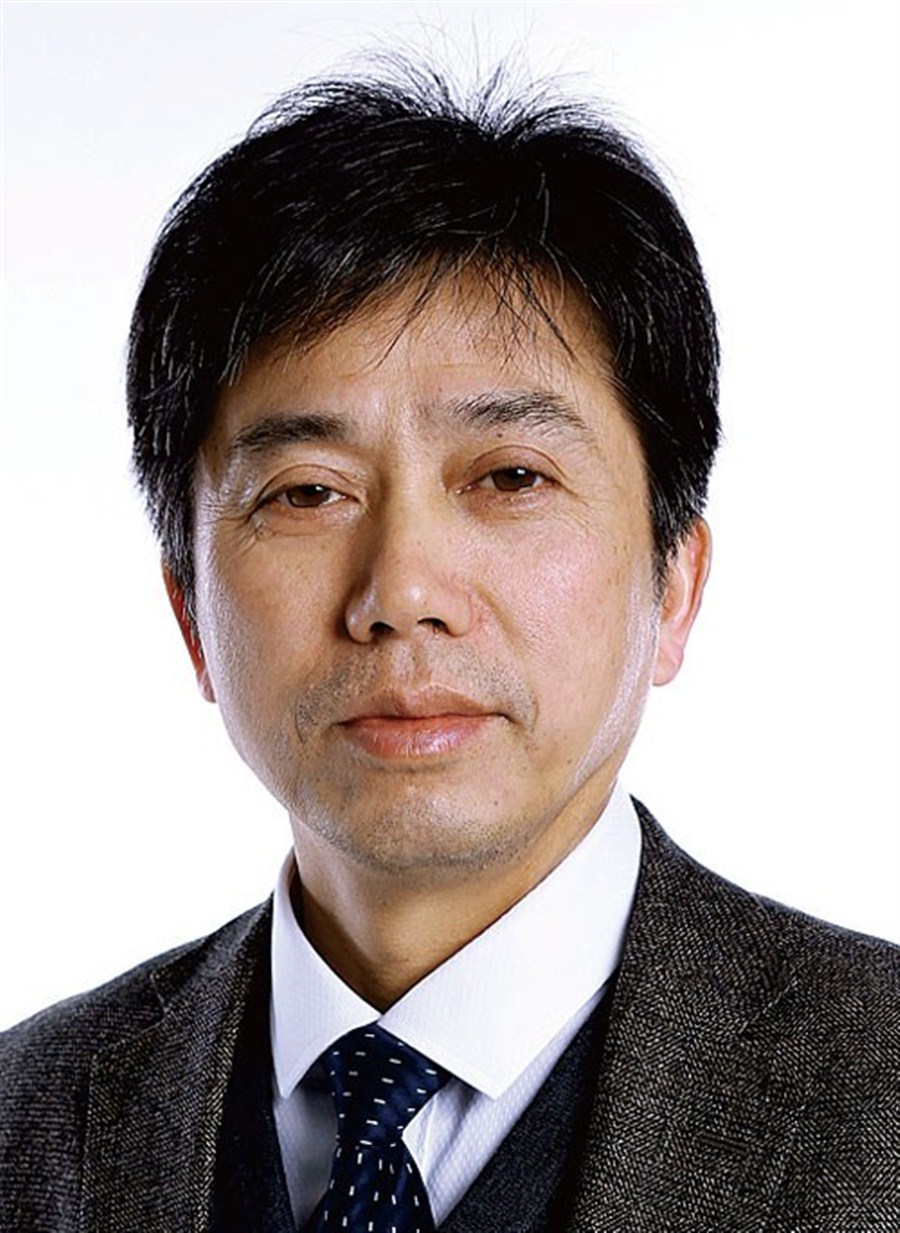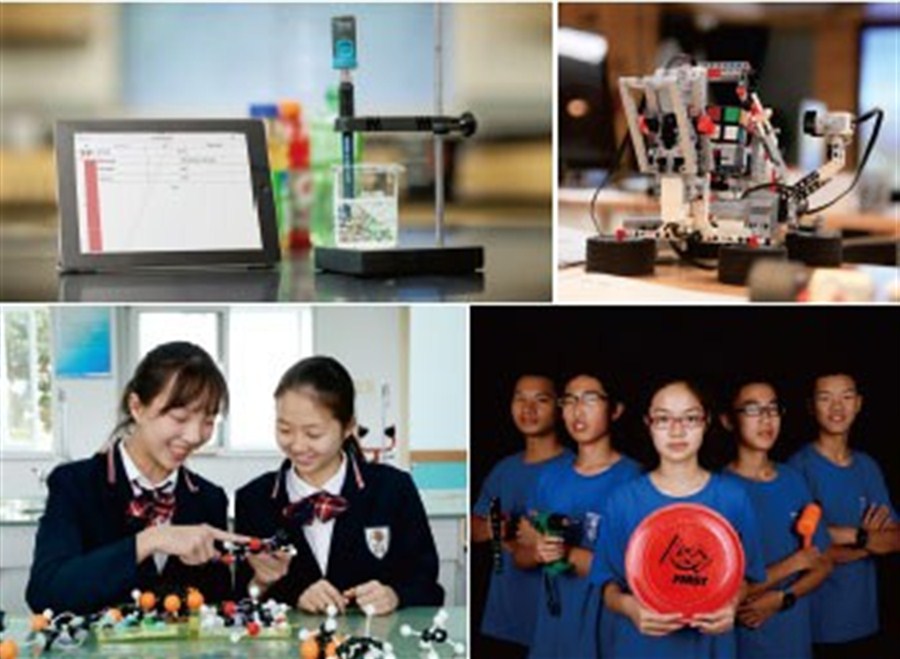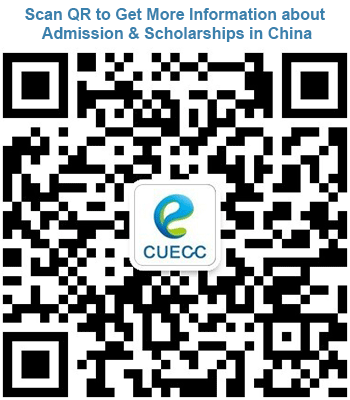more>>See More
XJTLU-AS Develops People, Not Test-takers
By sally on 2016-06-12

Hou Youwei Principal of XJTLU-AS

The STEM science laboratories are many students’ favorite place.
XI’AN Jiaotong-Liverpool University Affiliated School’s Principal Hou Youwei graduated from Suzhou University’s physics department in 1984. After his graduation, Hou was sent to teach in his hometown, a poor area that lacked qualified teachers. He began teaching at a middle school and worked his way up through prefecture- and province-level schools, all the way up to Beijing schools. In 2016, he followed Xi Youmin, the chancellor of XJTLU, to Suzhou.
Hou has been a principal for 10 years, taught science for 10 years, and dealt in education equipment for 10 years and is confident of his destiny as an educator. His more than 30 years of hard work all led up to a new frontier: private schools.
Hou’s experience in the field has strengthened his educational values and honed his skills as an educator. His dream is to create “a school that develops people, rather than developing test-takers.” Because his innovative vision was so similar to Xi’s, Hou naturally assumed the position as principal of XJTLU-AS. Under the chancellor’s guidance, Hou established the guiding policies for XJTLU-AS. Facing the current reality of China’s basic education, he established the administrative ideal of “developing strong, healthy, and educated future leaders.” That relies on the two-dimensional framework that forms the basis of the school’s culture: “traditional culture and modern thought” and “humanities and art and science and technology.” Moreover, he created the school’s ecological education strategy, focusing on the students, teachers, and parents. He also developed the blueprint for the school’s “wisdom campus” which features five different educational focal points: the bodybuilding campus, scholarly campus, science campus, digital campus, and green campus. He is leading teachers and parents, fostering communication between his school and society, and fully implementing innovation, coordination, environmental awareness, openness, and shared development at his school.
Shanghai Daily had the opportunity to learn more about Hou’s educational theories and the innovative educational strategies he is implementing at XJTLU-AS.
Q: What is your theory of school administration? What kind of people do you want your students to become?
A: XJTLU-AS is administrated by the Xi’an Jiaotong-Liverpool University, and their chancellor, Xi Youmin, has arrived at his own conclusions about the current state of China’s basic education, as well as its future. XJTLU’s administrative successes have reaffirmed his confidence in pursuing a new path for basic education. As his selected principal, it is only natural that, in terms of school administration, I follow in his footsteps. As a basic education school, we are not raising test-takers, but, rather, raising people. Because of this, my administrative style emphasizes the talents and personalities of our students, thereby maximizing their development of these characteristics and growth in society. Basic education is not education of the elite, but education of citizens; by educating citizens, the development of society’s elite is a natural result. No one is elite from birth; everyone must be educated before they can reach such a level. Therefore, basic education uses the education of its citizens to lay the foundation for elite accomplishments, thereby developing society’s upper echelons. So, our theory of administration at XJTLU-AS is to “develop strong, healthy, and educated future leaders.” First we must help our students become good citizens, and then we can start developing them as elegant and dignified elites.
Q: How does your school “allow students to see the future through technological education?”
A: This is the age of technology. Speaking objectively, human intelligence has not increased much in the past 2,000 years, but technology, on the other hand, changes with each passing day. Basic education is severely detached from the modern era, and the ill-conceived, exam-oriented system of education forced students to become complacent. XJTLU-AS has established a four-dimensional curriculum framework, including “traditional culture and modern thought” and “humanities and art and science and technology.” We will support our students’ education through these four dimensions’ theoretical framework (the wisdom campus curriculum system, formed by the bodybuilding campus, scholarly campus, science campus, digital campus, and green campus,), as well as robots, 3D printing, and wearable technology. We will use the STEM curriculum to usher in technologically innovative education, make our school’s education coalesce with the technological lifestyle of this age, and make it so our students can grow up and directly face the future of our world. At the same time we established the STEM Curriculum Center and chose a group of young and creative teachers, from kindergarten to high school, to build a curriculum system for technologically innovative education.
Q: Nowadays there are many private schools, how does your school stand out?
A: There are lots of private schools, therefore competition is fierce. But, I am very happy to see a change occurring in parents. They are not taking grades as the “be all, end all” and are unwilling to force their children to blindly cross the “test-based education bridge.” Instead, they are emphasizing the process of their child’s growth and are cultivating achievements in all areas, ideas that we never would have seen in parents even five years ago. In comparison with public-owned “elite schools” that emphasize grades as their core enrollment criteria, we have a stronger emphasis on student’s comprehensive accomplishments and their family education. Because of this, we have established a school development policy that centers on students, parents, and teachers. We have the advantage of being a completely residential school, and, through the process of the national curriculum’s school-based change and school’s school-based curriculum specialization, we can make students’ lives and growth integrate completely with our school’s wisdom campus system. The most important thing is that our administration policies are different from other schools, simply because we’re a XJTLU administrated school. So we have established an administrative policy to provide “university guidance, technological integration, democratic governance, and education of individual abilities.” In terms of “democratic governance,” parents are our school’s masters and friends; the parents’ committee is an essential force to our administrative process.
Q: As a student who aspired to higher education, how do you help your students get accepted at their ideal college? Do you advocate attending a domestic or foreign institution?
A: Students’ desire to seek higher education is for the sake of making a bigger contribution to society, gaining a space for personal development, and improving their lives. To this end, XJTLU is using success stories to demonstrate how to help students. XJTLU-AS has inherited the university’s theories and culture, where everything revolves around the cultivation of people, and not the cultivation of test-takers. We will take into account the students’ talents and personalities, maximizing the optimal development of these characteristics and interests. From my 30 plus years of educational experience, getting good grades is emphasizing methods and strategies. Solid and innovative education begins with developing people and working with students’ talents, personalities, and interests to further their individual development. Grades will come naturally after that, but are really an insipid thing. There’s no doubt that colleges with a good reputation are, in fact, good schools, but the cultural and specialization of a college, and whether it fits with one’s talents, personality, and interest is more valuable. It doesn’t matter whether a student chooses a domestic or a foreign college; I think you must take a comprehensive approach and consider many different factors to make a reasonable decision.
Q: Where do most of your current students come from? Are there many Suzhou natives?
A: My student body is primarily from Suzhou — over 60 percent. The next largest group is elite families who work in Suzhou but are registered in other provinces, followed by elite families that work in Shanghai.
Q: What is your faculty like?
A: Our faculty has three main characteristics: First, they all have high levels of education — over 50 teachers have at least a Master’s degree, and many are from 985 and 211 project colleges. Secondly, our staff is very young — the average age of our teachers is around 35, and they are all full of youth and vitality. Finally, we have a wide variety of specialized teachers and managers. The school’s leaders and management team have high levels of education and abundant experience. Moreover, from the management of school administration to the management of technology, from logistical services to education and teaching, from family education to the school’s moral education, from famous traditional-style teachers to famous innovative teachers, every area has a famous expert from around the country. Most other schools do not have this kind of faculty and administration. The school’s new leaders and management team emphasizes the school’s modernization and internationalization. We want to allow every student to study for their own career, and develop the skills to take on the world and take on their future. These are not empty words, but rather an ideal that is upheld through a diverse curriculum and diverse talents.
If you have any question please contact
Sally
Tel: 0086-571-88165697
Email:eduunion@cuecc.com
Skype:studycn001
QQ:2853662503
WeChat:CUECC2003
Stella
Tel: 0086-571-88165708
Email:admission@cuecc.com
Skype:study-in-china.org
QQ:2853662501
Sophia
Tel: 0086-571-88165512
Email:study@cuecc.com
Skype: sophia19900813
QQ:2853662502
Shirly
Tel: 0086-571-88165968
Email:recruit@teachcn.com
Skype:teachcn
QQ:2853662504

- Contact Us
-
Tel:
0086-571-88165708
0086-571-88165512E-mail:
admission@cuecc.com
- About Us
- Who We Are What we do Why CUECC How to Apply
- Address
- Study in China TESOL in China
Hangzhou Jiaoyu Science and Technology Co.LTD.
Copyright 2003-2024, All rights reserved




 Chinese
Chinese
 English
English
 Korean
Korean
 Japanese
Japanese
 French
French
 Russian
Russian
 Vietnamese
Vietnamese
